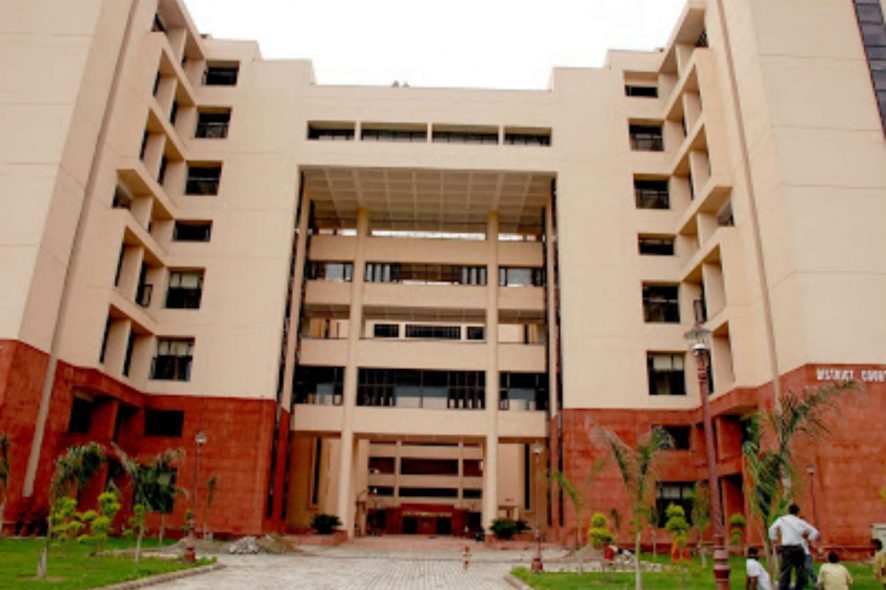Dwarka Courts, New Delhi: Deeksha Sethi, MM (NI Act)—06, reiterated that, even a blank cheque leaf, voluntarily signed and handed over by the accused, which is towards some payment, would attract presumption under Section 139 of the Negotiable Instruments Act, 1881.
In the present matter, Raj Singh was referred to as ‘complainant’ and the accused were relatives as the marriage of the son of the complainant and daughter of the brother of the accused was solemnized.
The complainant’s case was that in the second week of April 2015 accused along with his brother approached him and requested a sum of Rs 12 lakhs and 8 lakhs respectively as they were in dire need of money. It was assured to the complainant that they would return the money within 12 months along with interest @ 2% per month.
It was stated that, the accused and his brother paid the interest only on two occasions and thereafter neither paid the interest nor principal amount despite repeated requests.
Thereafter, in the discharge of their liability accused’s brother gave a cheque amounting to Rs 8 lakhs as part payment and accused Yashpal Singh also gave a cheque amounting to Rs 12 lakhs.
Both the above cheques were dishonoured with the remarks ‘Insufficient Funds’.
The complainant had informed about the dishonouring of the cheque by the accused and his brother, however, the accused and his brother refused to return the amount and threatened the complainant with dire consequences.
Later, since the accused failed to make payment despite the notice, therefore liability to be tried and punished for an offence under Section 138 NI Act.
Analysis, Law and Decision
Court noted that the accused had admitted the fact that the cheque in question had his signatures and in such scenario, a presumption was raised under Section 139 read with Sections 118/20 of the NI Act, that cheque was issued in discharge of debt or liability.
With regard to the contention of the accused regarding certain particulars of the cheque were not filled by the accused and hence it was difficult to believe the complainant’s version, Court expressed that, even it was admitted for the sake of argument that blank cheque was given by the accused to the complainant, it is a well-settled principle of law that,
“…even a blank cheque leaf, voluntarily signed and handed over by the accused, which is towards some payment, would attract presumption under Section 139 of the Negotiable Instruments Act, 1881, in the absence of any cogent evidence to show that the cheque was not issued in discharge of a debt.”
Hence, the contention of the accused could not be accepted.
Misuse of Cheque
The Bench noted that the accused neither placed on record any complaint made to the police or bank in the said regard nor led any other evidence in support of the misuse of the cheque.
Further, the Bench added that, it is well settled that bare statements and story-telling would not help the accused to rebut the presumption raised under Sections 118 and 139 of the NI Act.
Whether the accused had been able to shake the version given by the complainant in his evidence affidavit and had been able to point out discrepancies or contradictions which may throw doubt on his version?
The only suggestion that had been given was that a blank signed cheque was issued by the accused to the complainant as it was agreed in Panchayat that the accused and his brother would give the cheque in question and the complainant’s son would take back the accused’s niece. Thus, no discrepancy had emerged out of the cross-examination which may demolish the complainant’s version even on the touchstone of preponderance of probabilities.
The Court concluded that the accused was not able to prove any probable defence and had failed to rebut the presumption raised under Sections 118/139 of the NI Act.
Therefore, Yashpal Singh was held guilty and convicted for the commission of an offence punishable under Section 138 of the NI Act in respect of the cheque in question. [Raj Singh v. Yashpal Singh Parmar, 2022 SCC OnLine Dis Crt (Del) 16, decided on 25-4-2022]







